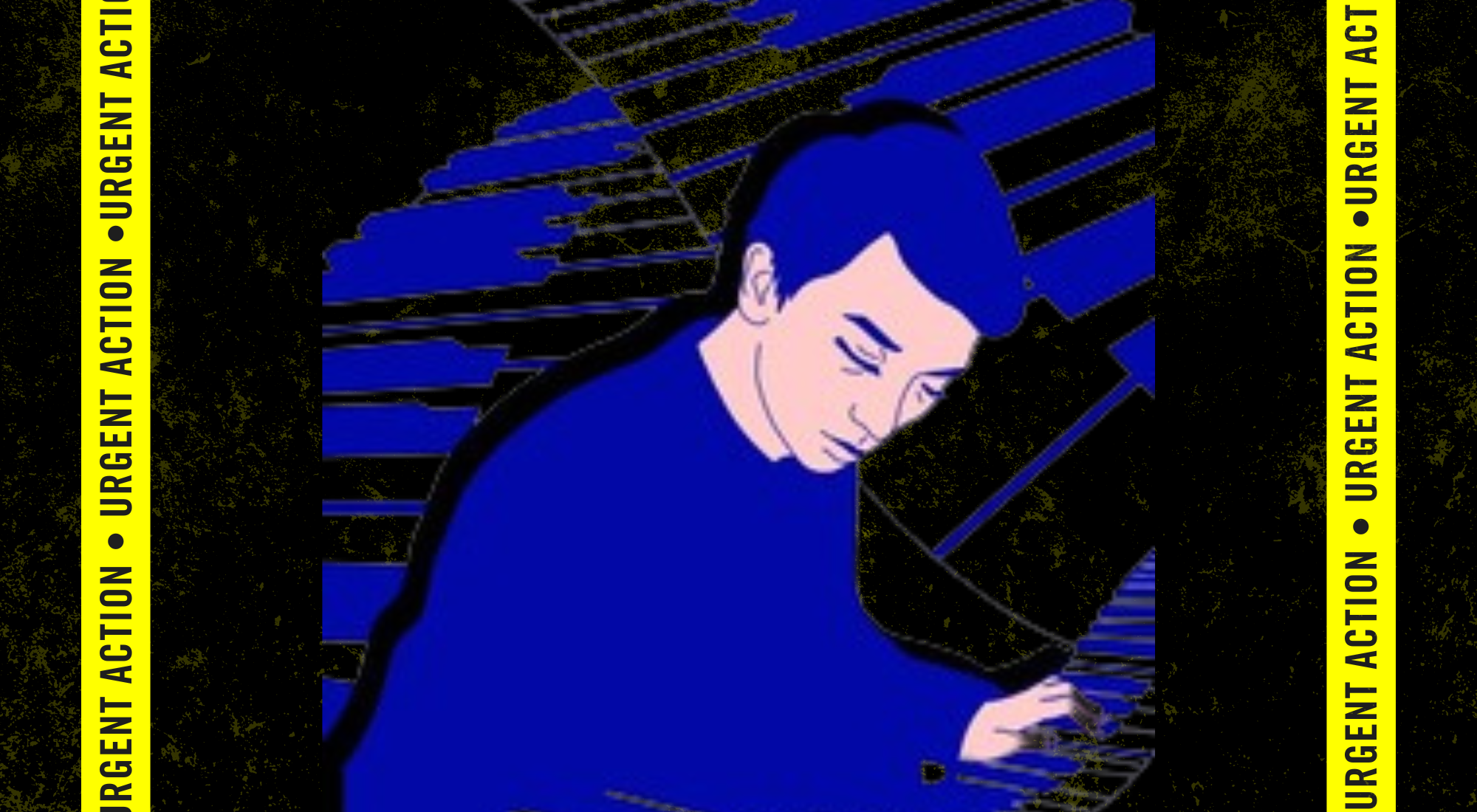Yashar, a Uyghur songwriter and musician, is serving a three-year prison sentence for creating music and possessing books in the Uyghur language. His health is at serious risk in detention, as he suffers from bronchitis and needs regular medication. Convicted on June 20, 2024, of “promoting extremism” and “illegally possessing extremist materials,” Yashar is unjustly imprisoned for expressing his cultural identity.
Here’s what you can do:
Write to the Party Secretary of Xinjiang urging him to:
- Immediately and unconditionally release Yaxia’er Xiaohelaiti, also known as Yashar;
- Provide him with regular and adequate medical care, and ensure he is not subjected to torture or other ill-treatment;
- Ensure that Uyghur artists can express their identity without fear of persecution or arbitrary detention.
Write to:
Party Secretary of Xinjiang
Ma Xingrui
479 Zhongshan Lu, Tianshan Qu, Urumqi,
830041, Xinjiang Uyghur Autonomous Region,
People’s Republic of China
Salutation: Dear Secretary Ma,
And copy:
His Excellency Di Wang
Ambassador
Embassy of the People’s Republic of China
515 St. Patrick Street
Ottawa, ON K1N 5H3
Tel: (613) 789-3434,3513,8422/762-3769 (24h) Fax: (613) 789-1911
Email: chineseembassy.ca@gmail.com
Yashar’s story: A musician targeted for cultural expression
Yashar, also known by his full Mandarin name, Yaxia’er Xiaohelaiti, is a 26-year-old Uyghur songwriter. Before his detention on August 11, 2023, he lived in Chengdu, Sichuan Province. Authorities arrested him for “promoting extremism” and “illegally possessing extremist materials,” reportedly because of his music published online and his possession of Uyghur-language books. Many of these books, considered classic literature by Uyghurs, are vital for understanding their history and culture. His sentencing on June 20, 2024, reflects ongoing repression against Uyghurs for preserving their cultural identity.
In an earlier incident, Yashar was detained in Chengdu on November 27, 2022, for participating in the White Paper Movement. Authorities accused him of “gathering a crowd to disrupt social order,” and he was released on bail after 21 days.
The White Paper movement
The White Paper Movement began after a deadly apartment fire in Urumqi, Xinjiang, on November 24, 2022, claimed at least 10 lives. Reports suggested that strict COVID-19 controls prevented victims from escaping, sparking nationwide protests. Demonstrators, holding blank sheets of paper to symbolize censorship, gathered in numbers unseen in decades. The protests, often called the “A4 Movement,” spread worldwide, reflecting growing frustration with systemic repression and government overreach.
Systematic repression in Xinjiang
Xinjiang, home to over 22 million people, is one of China’s most ethnically diverse regions. More than half the population belongs to Turkic, predominantly Muslim groups, including approximately 11.3 million Uyghurs. Since 2017, under the guise of countering “terrorism” and “religious extremism,” the Chinese government has orchestrated mass abuses against Muslims in the region. Over a million people have reportedly been detained in internment camps, and cultural expression has faced strict control under vague definitions of “extremism.”
International organizations, including Amnesty International, have documented these abuses, highlighting arbitrary detentions, torture, and restrictions on cultural practices. In 2022, the Office of the High Commissioner for Human Rights (OHCHR) released a report stating that the widespread targeting of Uyghurs and other ethnic groups could constitute crimes against humanity. Despite recommendations to address these violations, China’s policies remain oppressive, severely impacting Uyghur artists, writers, and cultural figures, who often self-censor to avoid persecution.
Please take action as soon as possible until March 1, 2025! The UA will be duly updated should there be the need for further action.




























